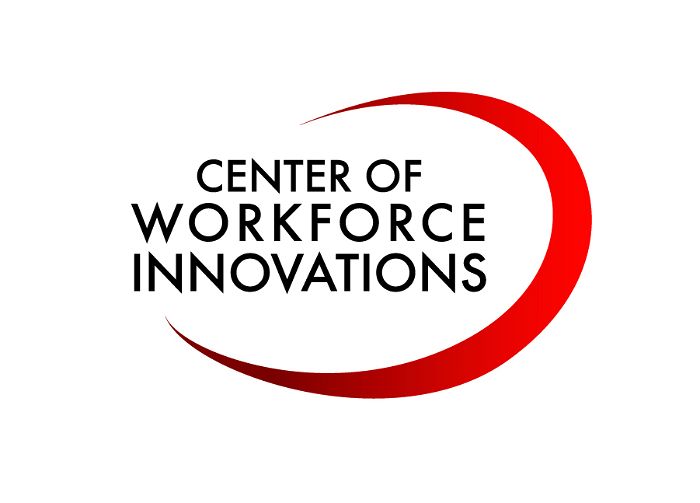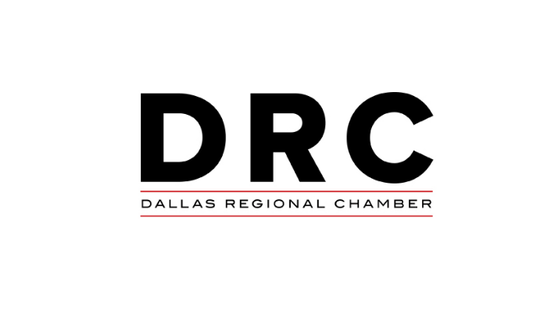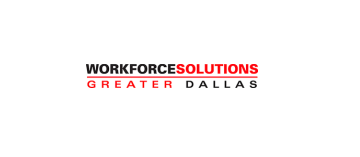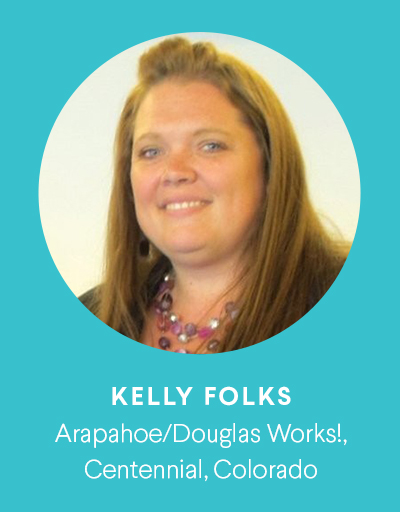It’s becoming increasingly difficult to anticipate and predict changes in the labor market. The rapid pace at which job functions are evolving and shifts in the way people are looking for and finding employment make it difficult to develop responsive on-demand services that meet the unique needs of today’s learners and workers. Creating systems and infrastructure to collect accurate, reliable data across a wide range of services and operations helps future-focused workforce boards stay ahead of emerging trends, identify inefficiencies and areas for improvement, maximize organizational outcomes, and become economic leaders in their communities.
A data-obsessed approach to providing services is one of four future-focused behaviors identified by AWAKE, an initiative at JFFLabs that scans the workforce market and system to call attention to how workforce boards and professionals are evolving and adapting with advances in technology and data. These behaviors were vetted by a diverse group of workforce professionals from across the country to ensure they are reflective of the core characteristics, priorities, and commitments needed to prepare and transform America’s workforce system to ensure that all workers and learners succeed.
Data-Obsessed: Analyzing, Understanding, and Preparing for Change
Future-focused workforce boards collect and analyze vast amounts of data to stay in front of emerging developments throughout their organizations, among their partners and training providers, and within their communities.









